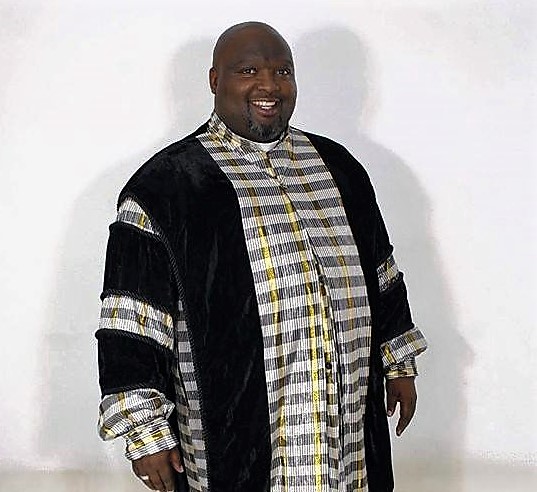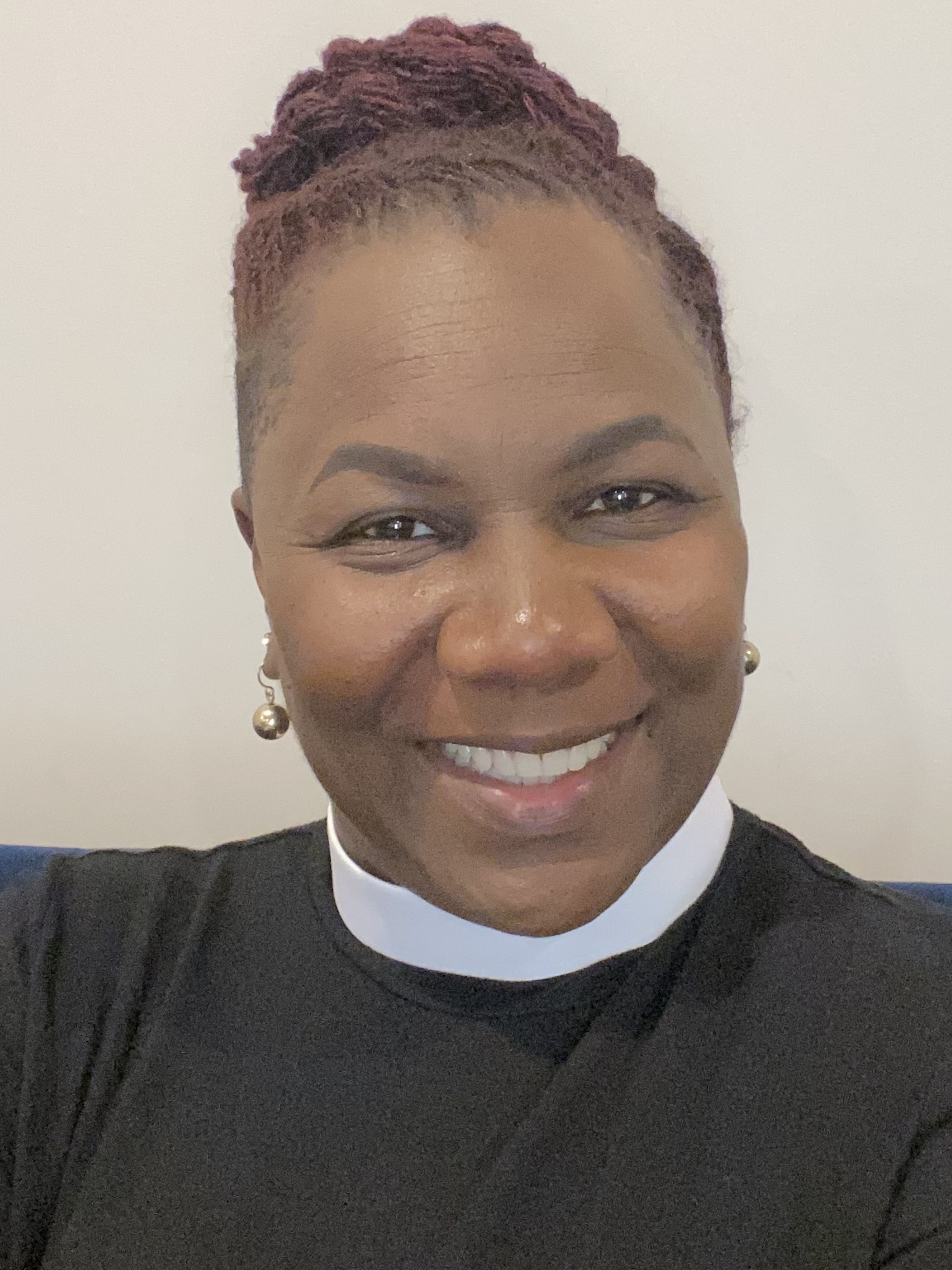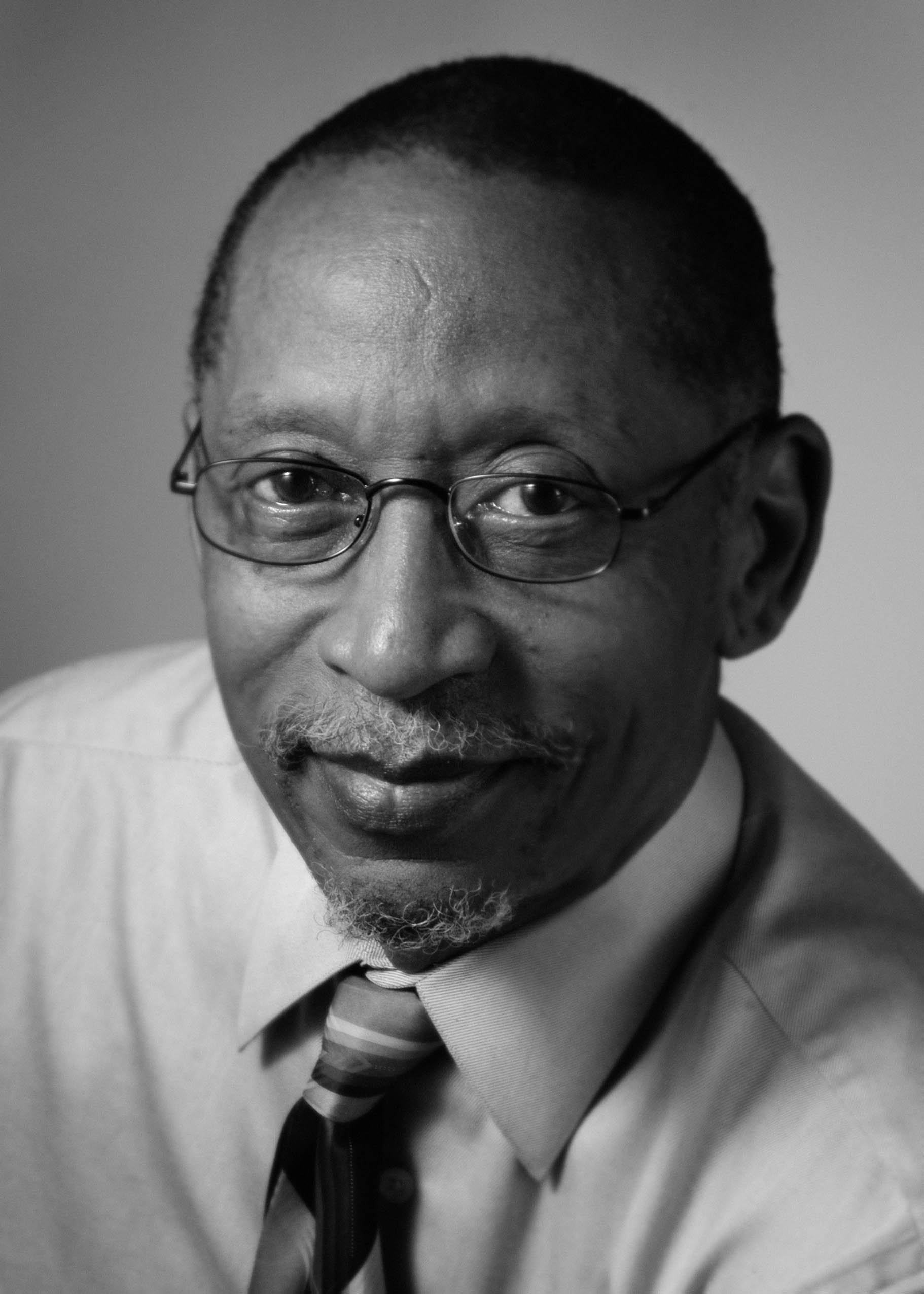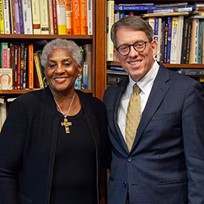Toxic Leadership in the African Methodist Episcopal Church
The African Methodist Episcopal Church has exceptional ways of electing its leadership from bishops, general officers, and connectional officers to conference and local church officers. The Doctrine and Discipline of the AME Church outlines processes and procedures required to elect church leadership. Since the General Conference sessions are held once every four years, the Discipline confers authority to the Council of Bishops to carry out the oversight function on behalf of the General Church, in between sessions of the General Conference. While on the one hand, general officers, connectional officers, and bishops are accountable to the General Board. This means that the average pastor and lay member does not have any direct influence on the General Church leadership other than in his local church where members and leaders interact on a regular basis. At both General Conference and Annual Conference, the member’s voice is represented by delegates elected to attend the constituency sessions or through the judicial procedure should a member independently file charges against the affected leadership or through petitioning the Council of Bishops when having complaints or grievances against the presiding bishop as enshrined in the Discipline.
I am compelled to indicate that this approach of governance is not unique to our beloved Zion only but it does pose some serious challenges concerning oversight and accountability. How should bishops in their various Episcopal districts be held accountable, whether at the conference level or Episcopal meeting? Who is responsible for making sure that such function is carried out? Although the Council of Bishops is empowered by the positive law of the church to act on behalf of the Connectional Church membership between regular sessions, accused bishops within the Council of Bishops are—in essence—part of the leadership and not just an oversight body. It is itself part of the leadership that members would expect it to “oversee,” which could be seen as a conflict of interest.
My view is that this approach poses accountability challenges. Unless the leadership itself is willing to be transparent to the membership, it would be difficult for concerned members to exercise any other form of oversight. The truth of the matter is, there are times when questions of corruption, stealing, maladministration, purging, victimization, disregard, disrespect, pomposity, lack of accountability, and unscrupulous activities are perpetuated by the bishop and rise to the surface. In light of the above, it is the expectation of those concerned or affected members that structures conferred with authority, in terms of the positive law of the church, should take concerns raised very seriously.
When this does not happen, members conclude that church law, procedures, and processes are manipulated or circumvented at will by those in charge. It is in this instance, we see members resorting to other means in an attempt to call the attention of the Connectional Church leadership to be accountable or transparent about issues of concern, in their endeavor to expose legitimate grievances with which the highest office is perceived to be unwilling to deal. This situation promotes toxic leadership in the African Methodist Episcopal Church. By toxic leadership, I mean ongoing, deliberate, abusive, abrasive, demeaning, unreasonable, demanding, destructive, and intentional actions by leaders to undermine the sense of dignity, self-worth, and efficacy of pastors and lay members of the church.
It is, therefore, my appeal to all leaders in the AME Church—at all levels—not to forget that the members ARE the church and not the leaders themselves.
The Rev. Dimpho Gaobepe is senior pastor at H. J. Bryant AME Church, located in the West Conference of the 19th Episcopal District.





